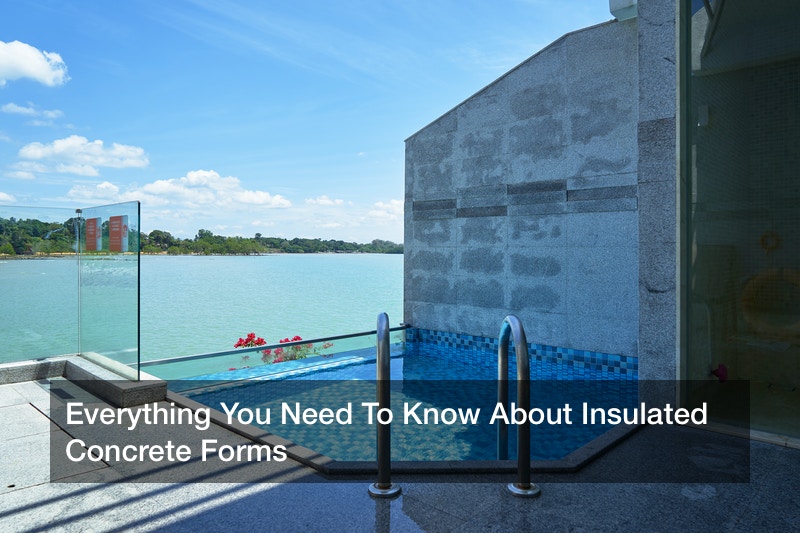 Pope Francis has gained a reputation for being a sort of revolutionary in the Catholic Church, so it seems only fitting that he held an outdoor mass in Revolutionary Square this past Sunday during his tour of Cuba.
Pope Francis has gained a reputation for being a sort of revolutionary in the Catholic Church, so it seems only fitting that he held an outdoor mass in Revolutionary Square this past Sunday during his tour of Cuba.
The mass in Havana, was just the beginning of the Pope’s visit to Cuba and the United States, and he stayed true to his liberal message of political freedom through peaceful negotiations and open discussions.
The New York Times explained that Pope Francis hasn’t really spoken much about Cuba’s notoriously corrupt political system; he has avoided directly criticizing the Castro-controlled government, both when he arrived at the airport in Cuba on Saturday, Sept. 19 and again when he held Sunday’s mass in Revolutionary Square.
Still, the Pope emphasized during the service that powerful governments have a duty to represent and protect their citizens — which many believe was a pretty bold move for Francis, considering that Cuban President and communist Raúl Castro was in attendance on Sunday.
Some media outlets, on the other hand, are criticizing the Pope for his indirect approach in a distraught territory where his views are highly influential.
Today the pontiff is heading over to eastern Cuba, according to reports from The Guardian and the Chicago Tribune, after having met with Raúl and Fidel Castro but neglecting to meet with Cuban dissidents.
The Vatican’s embassy in Havana reportedly made calls to local opposition leaders “as a sign of attention to these people,” but none of Castro’s critics were actually allowed into the cathedral where a meeting with the Pope would have taken place.
“I wouldn’t say we are disappointed,” said José Daniel Ferrer, the head of the nation’s largest dissident organization, the Patriotic Union of Cuba. “It simply doesn’t appear to us to be right or just that the pope doesn’t have a little time to meet with those Cubans who are defending human rights.”
Many Cubans, like Ferrer, consider Papa Frank to be just that — a leader, a mentor, and a man who puts their wellbeing above his own. He seems to understand the importance of small details, many of which are focused on young adults and children.
For example, the majority of teens (74%) say that they chose to read a book with a positive message because it was recommended by an influential teacher or church leader. The Vatican, however, organized an educational program for approximately 7,000 primary school children this past May, during which Pope Francis himself answered the kids’ questions about why it’s difficult for different countries and cultures to live peacefully together.
This message of peace and self-sacrifice is controversial in Latin America — to say the very least — but it’s unclear whether Francis’s messages are actually being received by these leaders or are falling on deaf ears. Unlike average Cuban citizens, Raúl Castro is a self-declared atheist; Argentinian President Cristina Fernández de Kirchner attended the Pope’s mass this weekend as well, toting an Hermes handbag valued at $22,000 and driving away in a Jaguar.
Pope Francis will be stopping in Holguin for a mass before continuing on to Santiago Monday evening, and then to the U.S.





